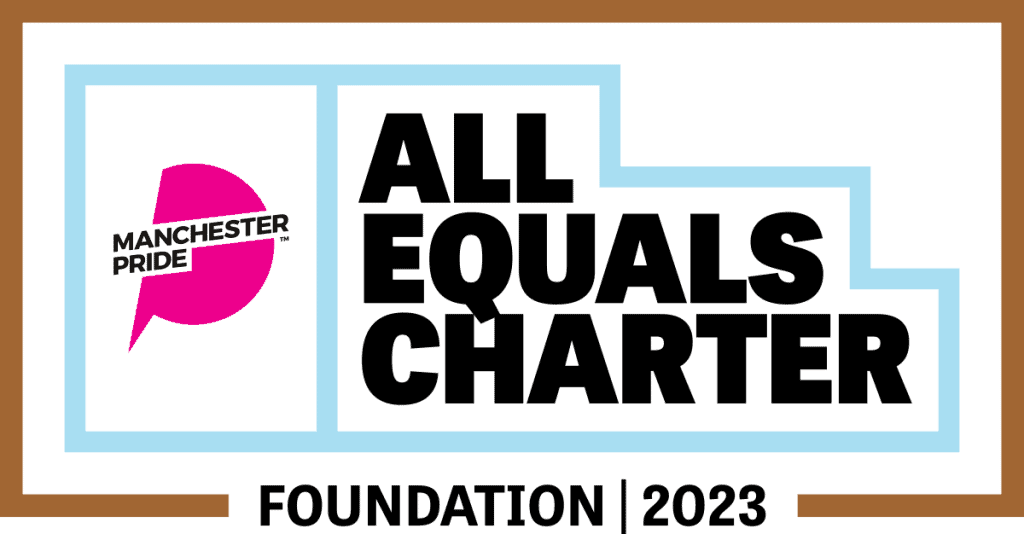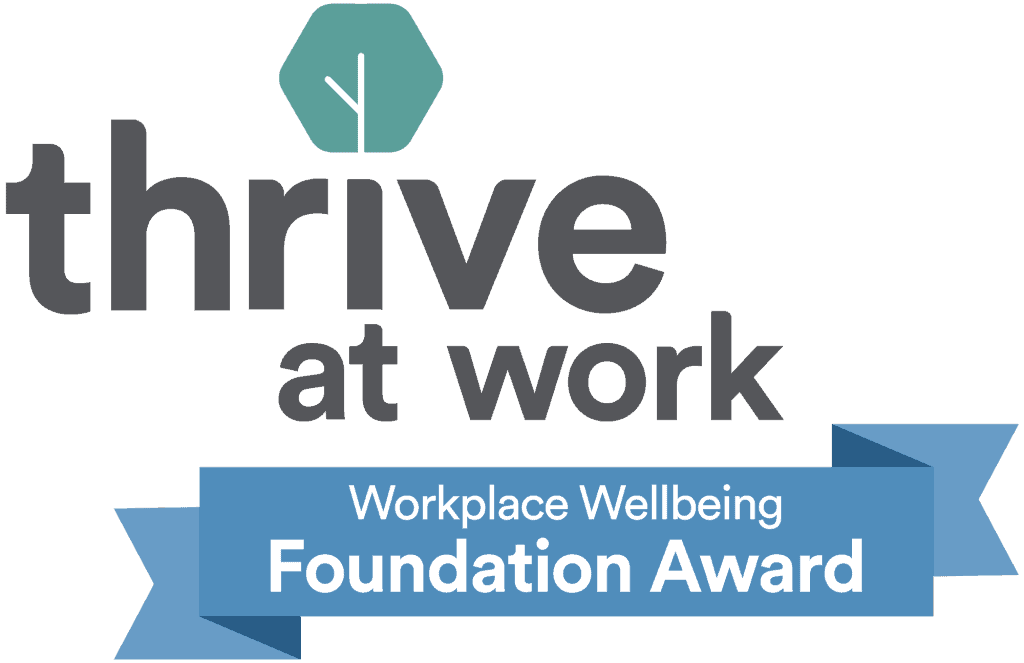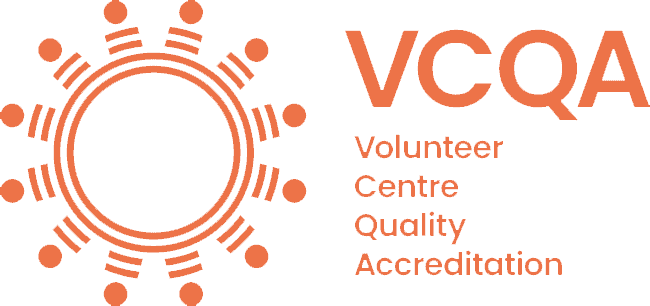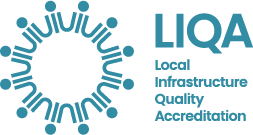The Leathersellers’ Foundation provides a wide range of funding to UK registered charities, educational institutions and university students.
The foundation operates two grant programmes for UK registered charities:
- Small Grants Programme – one-off grants for small projects.
- Main Grants Programme – targeted funding rounds, with grants available towards core costs to support charities working within the focus area of the active round.
The Main Grants Programme accepts applications from UK registered charities or Charitable Incorporated Organisations (CIOs) that:
- Are operating in the UK in an area of deprivation.
- Have an organisational income over £200,000 and under £2 million (for the coming or current year).
- Work to prevent the occurrence of and/or support recovery from Adverse Childhood Experiences (ACEs) as their core focus.
- Use a trauma-informed approach and evidence-based interventions.
- Can demonstrate the effectiveness of their approach through evaluation or external research.
- Are either lived-experience led or can show significant input from those with lived experience.
Leathersellers recognises that some communities suffer from a greater likelihood of ACEs due to systemic barriers. It welcomes applications from charities who support under-represented groups.
Applications were invited from charities that work to prevent the occurrence of and/or support recovery from adverse childhood experiences (ACEs) by providing services to children and young people and/or adult survivors in recovery. The term ACEs is used to recognise traumatic events that occur during childhood that can have a significant impact on a person’s physical, emotional and mental health throughout their life. Examples include:
- Abuse – physical, sexual or psychological/emotional.
- Neglect – physical or psychological/emotional.
- Domestic abuse.
- Substance misuse by a close family member.
- Mental illness of a close family member.
- Having a close family member serve time in prison.
- Parental or caregiver separation or divorce on account of relationship breakdown.
Charities should use a a trauma-informed approach and evidence-based interventions. The foundation recognises that some communities suffer from a greater likelihood of ACEs due to systemic barriers. It welcomes applications from charities who support under-represented groups.
The 2024 application round is expected to open for expressions of interest on 15 April 2024.
More information can be found on their website including criteria, guidance and FAQ’s.





